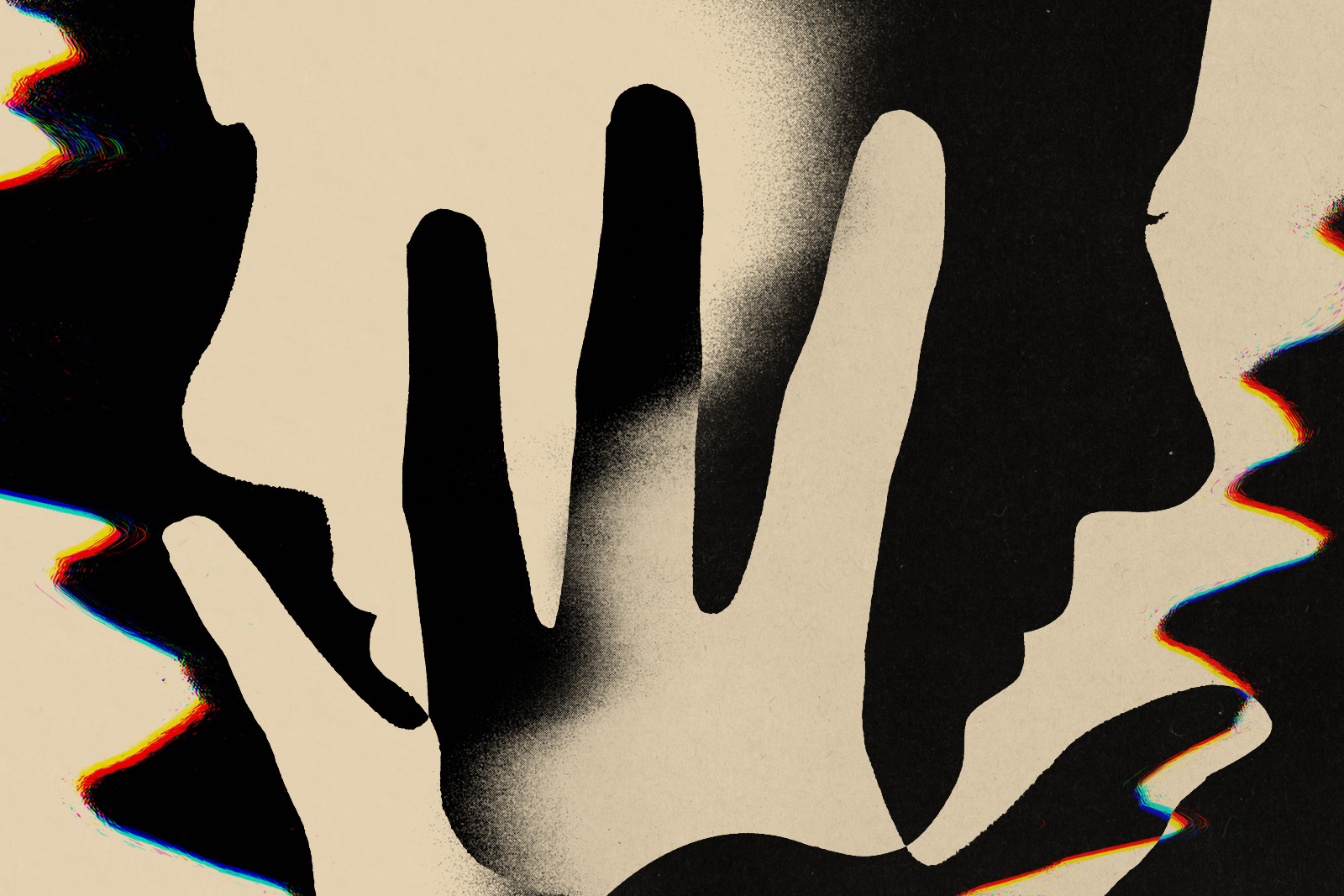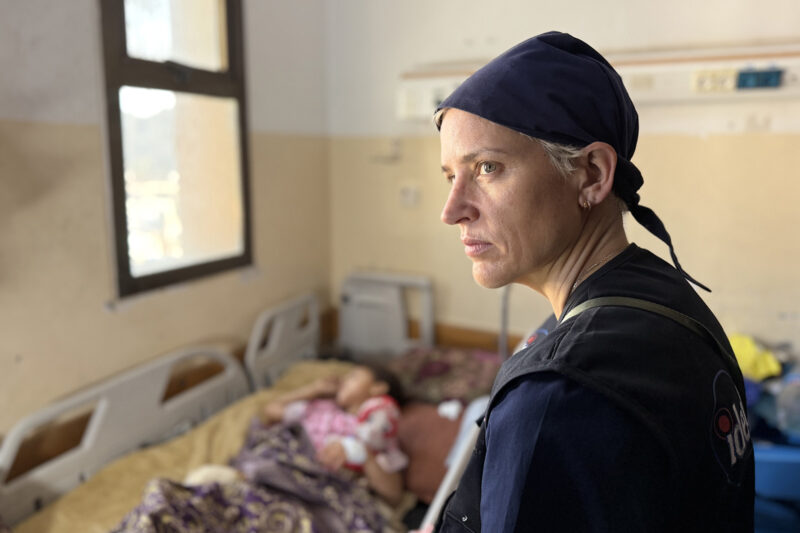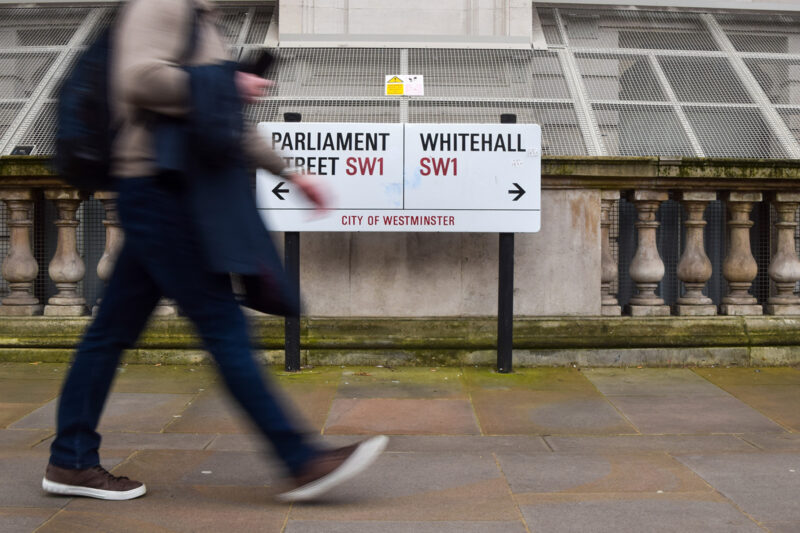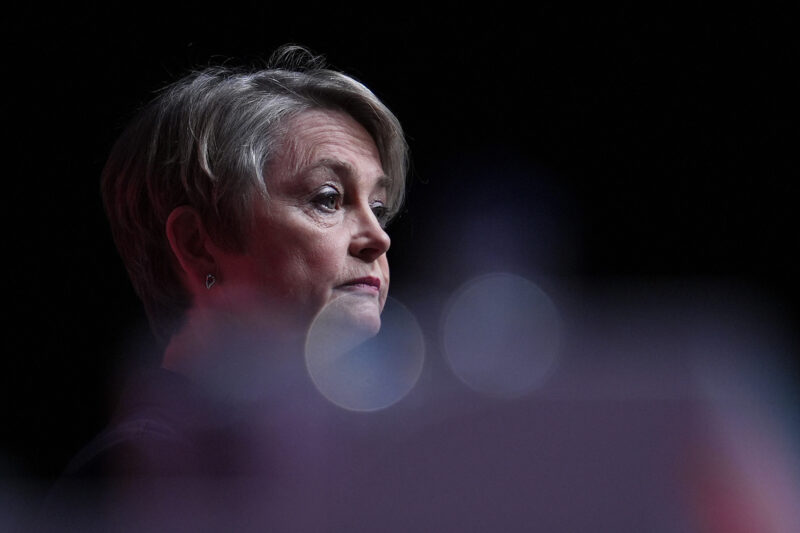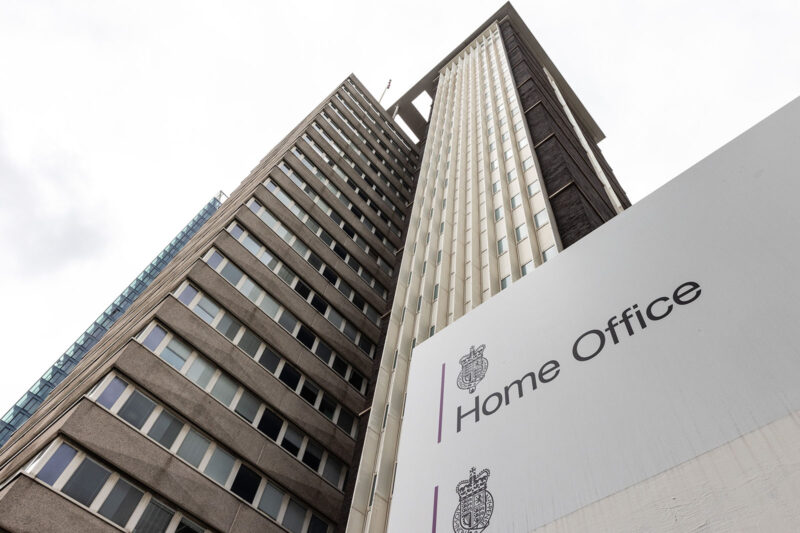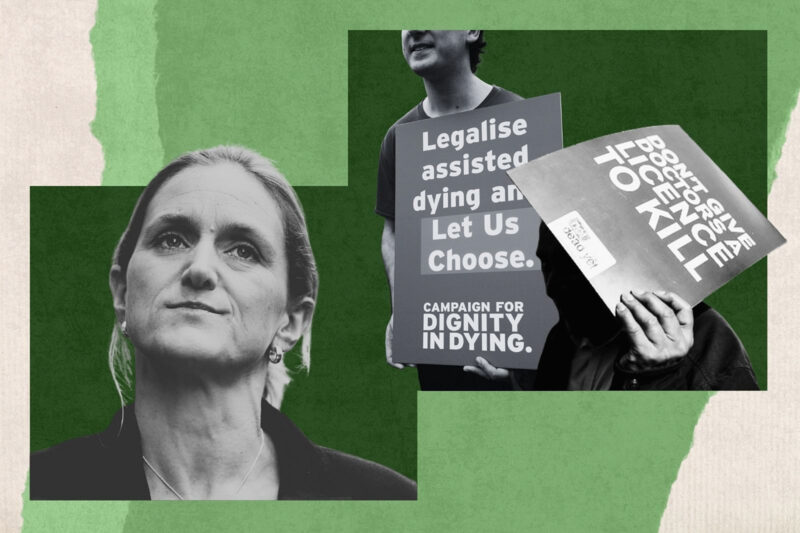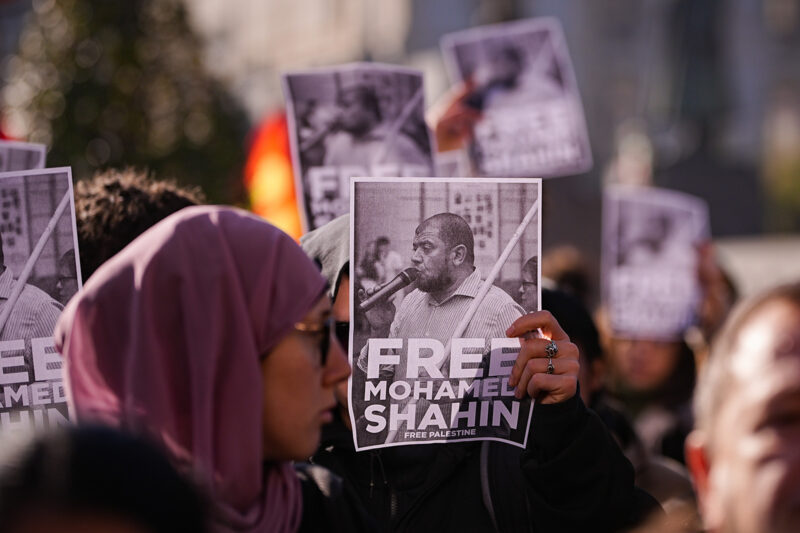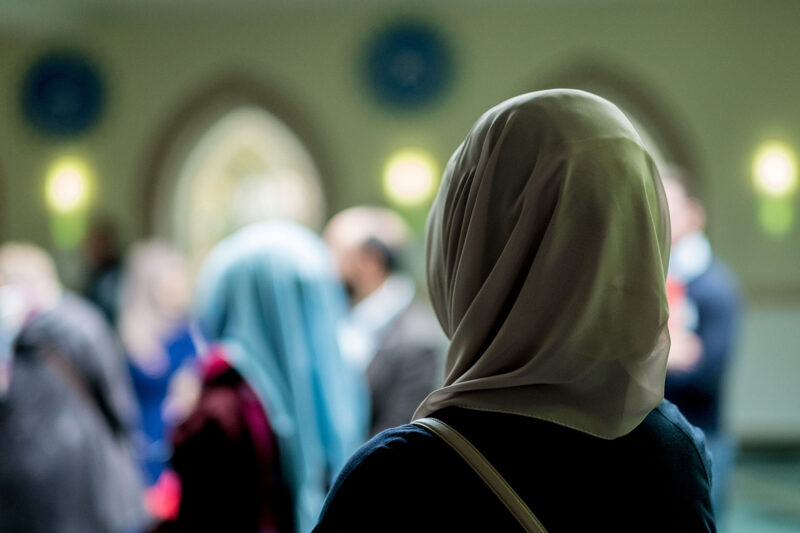‘Honour’ violence could be defined in law for first time

Home Office announcement pre-empts plans backed by 35 rights and research organisations to introduce their own definition of the practice
Britain could establish a statutory definition of so-called “honour” violence for the first time, after the Home Office announced plans for a crackdown on the practice.
The government’s surprise intervention pre-empts plans backed by 35 organisations, including women’s rights charities, for Tory peer Baroness Elizabeth Sugg to introduce such a definition as an amendment to Labour’s flagship crime and policing bill in the autumn.
Those efforts had been spearheaded by Karma Nirvana, a charity set up to tackle “honour” violence, and the proposed definition — drafted by lawyers — was informed by work with victims, survivors and bereaved families.
The government could not today confirm whether it would use Karma Nirvana’s wording or would seek to establish its own, but the charity praised the Home Office announcement, calling it a “landmark moment”.
“Honour” violence refers to cases where an abuser claims their victim has brought or may bring “dishonour” or “shame” on themselves, their family or community.
As well as promising to introduce a statutory definition, the government today said it would set up a “prevalence study” to find out how widespread the crime is, and launch a campaign encouraging victims to come forward.
“Survivors talk about how it would really help them if there was a definition in law for when they come forward, to have that sense of clarity in statute,” said Karma Nirvana’s executive director, Natasha Rattu. Such a definition will also help social workers and police to identify and record the practice and support survivors, she added.
Baroness Sugg is also set to propose a second amendment, again supported by Karma Nirvana, to make “honour” violence an aggravating factor in other crimes — meaning that, like hate crime, a perpetrator’s sentence could be longer if their crime is found to be an act of “honour” violence. The campaigners fear, however, that this amendment has less chance of gaining government support given the high levels of pressure on prison space in England and Wales.
Yasmin Javed’s daughter Fawziyah was murdered by her husband Kashif Anwar in 2021. Anwar killed Fawziyah, a 31-year-old lawyer who was pregnant at the time, during a trip to Edinburgh, and was jailed for life in March 2023.
Javed — who believes opportunities were missed to protect her daughter — told Hyphen that she hoped a legal definition would help to raise awareness of the issue as one that affects all communities. “It’s more prevalent in the South Asian community, but it does happen in the British white community as well,” she said.
Explanations as to why South Asian women are more likely to be victims of so-called honour-based abuse usually focus on how the patriarchal concepts of izzat (honour) and sharam (shame) operate in families and communities whose origins are in the subcontinent. Karma Nirvana highlights that the public perception of “honour” violence can be “distorted” if it is seen only as an issue affecting some ethnic groups, instead of a problem of “heteronormative patriarchy”.
Rattu was critical of the Crown Prosecution Service (CPS) in cases of suspected “honour” violence. Although the police and the CPS have their own working definition, it relies on other identifiers such as forced marriage and female genital mutilation.
“Honour-based abuse was the least prosecuted-for type in all of their VAWG [violence against women and girls] portfolio,” said Rattu. Karma Nirvana analysed the most recent statistics published by the CPS and found that only 48% of prosecutions for so-called honour-based abuse were successful — compared with an average conviction rate for all prosecutions of 83.1%.
“Prosecutors don’t necessarily have that understanding of it, and therefore feel a little bit out of their depth to tell a story in court to a jury of 12 people who probably don’t understand it,” said Rattu.
Labour has said it will halve violence against women and girls by 2029. Jess Phillips, minister for violence against women and girls, did not confirm whether the government was minded to back the amendment, which could lead to it becoming law — but said: “We are determined to tackle these crimes and have recently increased funding for the national ‘honour’-based abuse helpline to support more victims. We will lay out more ways we plan to tackle ‘honour’-based abuse in the upcoming VAWG strategy.”
The women and equalities committee first recommended introducing a definition in 2023.
“It’s not an easy process,” said Javed, “but there’s definitely a need for it, because it’s happening so much.”
 Newsletter
Newsletter


